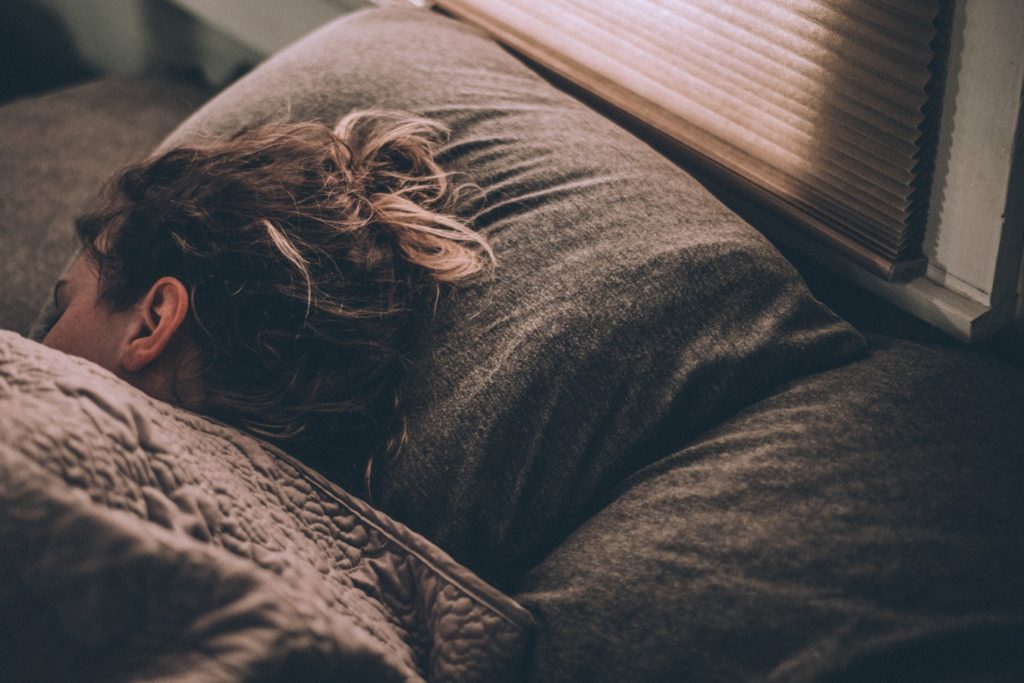
Sleep is one of the most important aspects of the human existence, allowing us to rest, recharge and be our best selves. The effects of not having enough sleep can be detrimental to the human body including giving us a foggy mind and memory, reducing our ability to process stress and other strong emotions as well as affecting our body’s ability to process various hormones correctly. Getting the right amount of sleep can help us massively by providing a healthy base from which to start our day right. But how can we ensure we get the right amount of sleep? Check out this handy tip list to start making sleep changes in your bedroom today.
Decorate Your Room
Decorating your room in a way that promotes relaxation is a great starting point from which to base yourself when it comes to getting more sleep. If you have crazy patterned wallpaper, paint or just too much visual noise going on, it can be difficult to settle down and get the rest you need. Visual stimuli before bed can get our brains going again and can cause us issues with settling down and going to sleep. Check out some of the beautiful bedding options from Julian Charles to get a good idea of some sleep-inducing design choices you can make to help you get a good night’s sleep tonight.
Timings
Having good sleep hygiene is key to getting the right amount of sleep. Knowing how much sleep you need is a good first step to developing a sleep hygiene routine. Most adults need around 7-8 hours of good, solid sleep in order to function right, so making sure you have about an hour extra in order to settle in and relax before bed is a good idea. The best way to ensure you don’t suffer from sleep inertia is to allow yourself to wake up naturally, about ten minutes before your alarm if possible. This is done by experimenting with when you wake up in relation to your alarm time. If it’s about 10-15 minutes prior, you found your sweet spot where you won’t be disturbed in a REM cycle.
REM (rapid eye movement) sleep cycles are blocks of sleep time when you’re sleeping the deepest. They usually last about ninety minutes or so and waking in the middle of one can cause sleep inertia – a feeling of overwhelming tiredness or drowsiness.
No Screen Time
Having no screen time prior to bed is another great way to help wind down your brain. Screens contain a certain type of blue light that stimulates our brains and keeps us alert and awake longer. Limiting screen access directly before bed is a pivotal way to ensure you relax properly and can drift off easier. If you aren’t able to fall asleep, consider reading a book or doing something relaxing like taking a warm bath to help stimulate sleep.
Don’t Force It
At the end of the day it’s never a good idea to try to force sleep. The longer you lay in bed tossing and turning, you could end up frustrated and doing the exact opposite of what you want to do. Instead, researchers and experts say that the best thing to do is to get up and do a puzzle, read a book or another activity that isn’t too stimulating to help yourself get more sleepy.
With these great tips for helping to get the best rest of your life, hopefully you will now be well on your way to creating the room and the routine that best works for you. Good luck!
